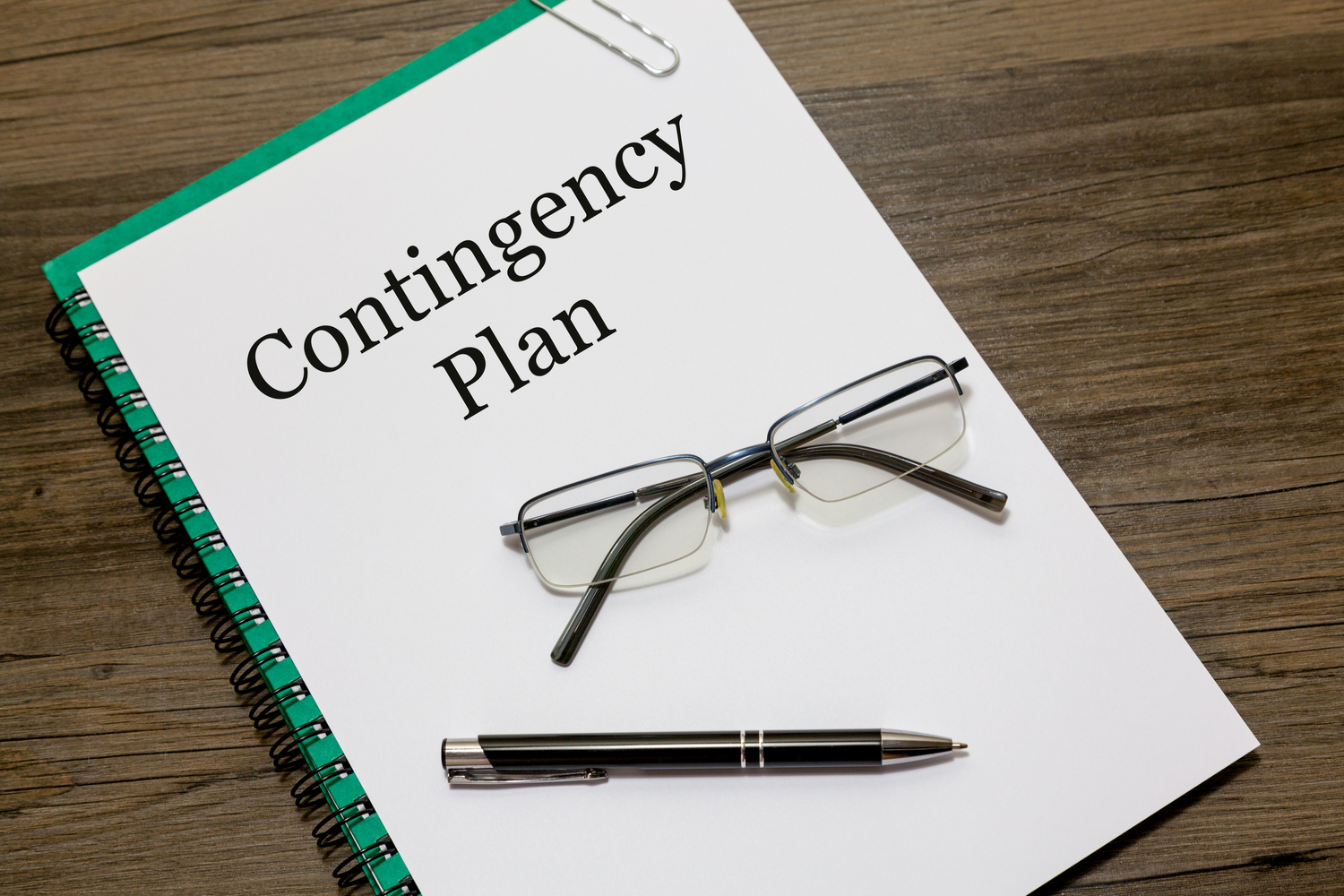A business contingency plan is a critical piece of the business ownership puzzle. But for many small business owners, a contingency plan might not be the first priority when they’re wrapped up in day-to-day business operations. And when the unthinkable happens, whether it’s a flood, accident, or cybersecurity breach, you need to know what to do next.
At the Law Office of Kari Santana, we understand how important your business is to you. We work with business owners like you to make sure what matters most gets protected in an emergency. Keep reading to learn how a business contingency plan can help preserve and protect your business.
What Is a Business Contingency Plan?
A business contingency plan outlines what your business will do when unexpected disasters happen. These plans can also provide guidance when something positive happens that you’re not prepared to handle, like getting a big new contract you’re not currently staffed to fulfill. So, when a major event happens that changes your business situation, you already have a plan to move forward, rather than trying to figure out what to do next when you’re in the middle of a fast-moving crisis.
Situations where a business contingency plan is critical can include:
- A CEO or other leader has suffered a fatal accident or is suddenly unable to lead the company
- A natural disaster destroys or damages your office, factory, or warehouse
- Your website was hacked, client information was breached, or secure data was otherwise compromised
- Whole departments become sick or otherwise unable to work (for instance, your company experiences an outbreak of COVID-19 infections)
- One of your suppliers suddenly goes bankrupt and is unable to provide you with product
Businesses with contingency plans tend to weather a crisis more efficiently and with less fallout than companies who improvise. Because contingency plans provide stability in unstable times, they serve as an invaluable tool in your crisis management kit.
How to Write a Business Contingency Plan
While creating a business contingency plan might sound complicated, it doesn’t have to be. Here’s how to get started creating a basic contingency plan for your company.
Conduct a Risk Assessment
Conducting a risk assessment can help you understand which of your assets are the most vulnerable in an emergency event and give you a picture of your overall readiness for contingencies.
Identify Your Priorities and What You Want to Protect
It’s always smart to identify your most important concerns before a crisis so you can prioritize accordingly. For example, if your priority is not laying off staff, your plan should include strategies to keep everyone employed during a financial crisis.
Create a Plan for Each Risk
When you understand your sources of risk and what’s most important to you, you can create a plan to respond to each potential emergency. It’s helpful to think in terms of “if-then” statements; if you are suddenly no longer able to lead your company, then who will be in charge? Write these scenarios out and then prioritize solutions based on how much impact they’ll have on your business.
Distribute Your Plans to Relevant Parties
If there’s an emergency, your staff and key stakeholders should know what will happen next. For example, your team should understand the next steps that will take place if you are suddenly unable to lead the company, an entire department gets sick, or black mold is discovered under your office carpet. Having everyone on the same page will help keep confusion and panic at a minimum.
Regularly Update Your Contingency Plan
As your business changes and grows, so will your needs. It’s important to review your contingency plan regularly, especially during the coronavirus pandemic. You should also review after significant changes, like staff turnover.
Work With a Business Attorney
For complex issues, especially those involving leadership and succession, it’s always best to work with a Michigan business attorney who understands your company and can help you draft thorough, legally sound contingency plans.
RELATED: Does My Small Business or Family Farm Need a Succession Plan?
Protect Your Business With the Law Office of Kari Santana
At the Law Office of Kari Santana, our team has more than a decade of experience helping West Michigan businesses like yours prepare for the unexpected. When you’re ready to take the essential steps to protect your future, please reach out to us. We’re proud to support businesses like yours with contingency planning and a wide range of other business needs.
To speak with us about your options and what steps you can take to protect your business, complete our online contact form or call us at 616-717-5759.
The content provided here is for informational purposes only and should not be construed as legal advice on any subject.


